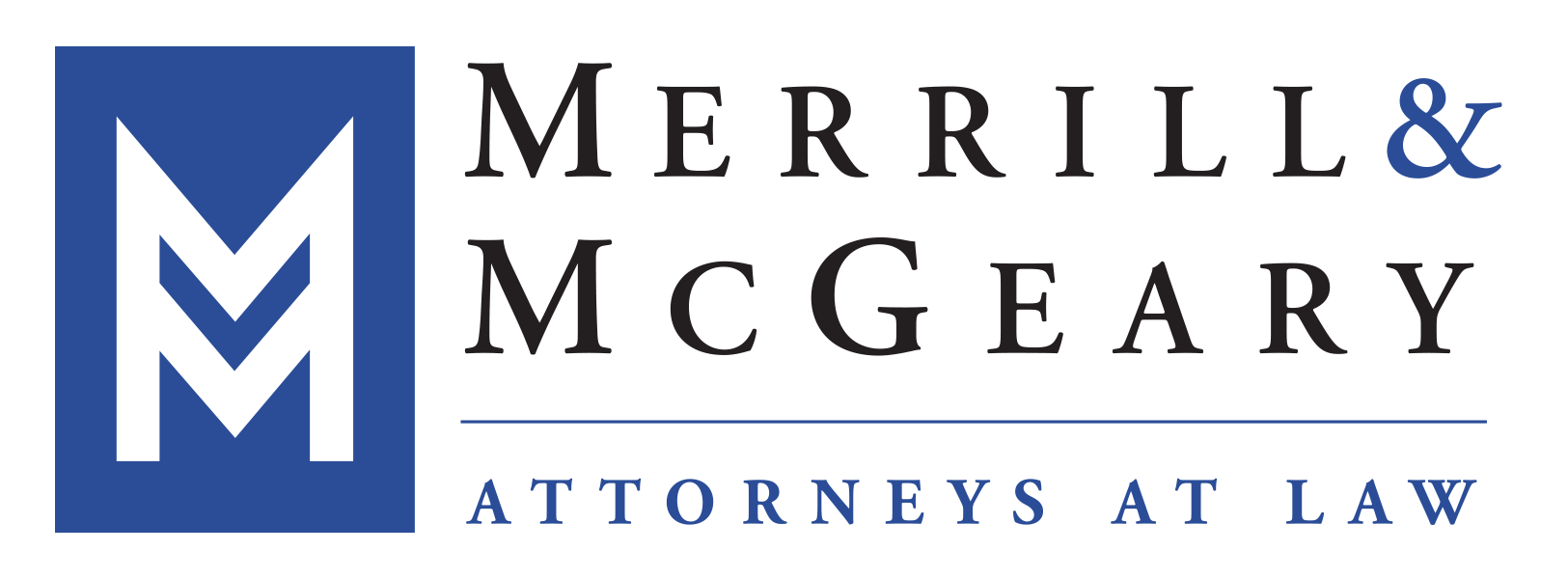 Q: I have heard different Opinions about the duties of a management company managing a Condominium community. Is there documentation stating exactly the duties of a management company?
Q: I have heard different Opinions about the duties of a management company managing a Condominium community. Is there documentation stating exactly the duties of a management company?
A. The duties of a management company vary depending upon what specific management services the Condominium Board contracts for with the manager and based upon the governing style and policies of the Condominium Board. For example, the manager could, be retained to be a “full service” manager with responsibility for all Condominium operations including the financial aspects of the Condominium as well as the Condominium’s physical plant. On the other hand, the manager could have a limited role in the Condominium, for example, for financial management only. There is no statutory requirement that a Condominium manager perform any specific scope of duties for a Condominium.
Further, if the manager does agree to perform full service management, the duties may be more or less depending upon how active the Condominium Board is with the day to day management of the Condominium and what role the Condominium Board envisions for the Board and the manager. Some Boards, for example, are fairly “hands off’ and allow the manger to manage the Condominium while the Board establishes the overall policy for the manager. Other Boards believe it is important to direct the manager and micromanage the manager’s activities on a daily basis.
Whatever model the Condominium employs the manager does have some statutory duties which are set forth in Massachusetts General Laws, Chapter 1 83A, Section 10. These include but are not limited to maintaining certain Condominium Documents in the manager’s office such as the Master Deed and By-Laws and financial records which must be made available for inspection, providing written reports to the Condominium Board of the receipts and expenditures of the Condominium, and maintaining separate accounts for the Condominium’s funds, separate from the manager’s funds and funds of other Condominium Associations.
Michael Merrill
Q: I purchased a condominium in 2004 in a three family house and believed the unit contained 907 square feet. Now I am in the process of selling my unit and I found out all of the Condominium documentation says the unit is only 754 square feet. What would it take to have the unit re-measured and change the Master Deed to reflect the correct square footage?
A. The solution is to have the unit measured by an architect who can then create a new recordable unit plan certifying the correct square footage of the unit. The new unit plan should then be recorded at the Registry of Deeds together with a Master Deed Amendment signed by all of the unit owners (at least one signature must be notarized on the amendment).
However, if there is a chance that the incorrect square footage listed in the Master Deed was due to a typographical/clerical error you should ask the attorney who created the Master Deed to sign an affidavit stating the accurate square footage of the unit. That affidavit would then be recorded at the Registry of Deeds with a new unit plan. In this instance you would not be required to obtain a100% vote of the unit owners.
As with most situations of this nature there could be other complexities to the solution. For example, if the lower square footage was not a typographical error but the unit was in fact substantially larger than as listed on the Master Deed, the other unit owners might request a change to the percentage interest for the unit. My suggestion is that you consult with a real estate attorney who specializes in condominium law before you take your next steps.
Michael Merrill
Q. If a unit ceiling gets ruined by a water leak coming from the roof, who is responsible to repair it? The Association? We are talking about $300 or so to repair a ceiling in an owner’s unit. Should the owner have their own insurance? The deductible for the Condominium’s master policy is $1,000.00.
A. The answer to your question depends on whether or not the Trustees were negligent in some manner. That is, did the Trustees know about the common area “roof leak” problem or should they have known about the problem and did they fail to take reasonable and timely steps to repair the problem. If so, the Trustees were negligent and should pay for the cost of the repairs. As with most cases the determination of liability will depend upon the facts. If, for example, this was a first time roof leak it is likely the Trustees were not negligent and, if so, the unit owner would be responsible for the repairs. Some associations do require unit owners to maintain home owner’s insurance and to accept liability for all costs of repair under the association’s insurance deductible regardless of the cause. You should review your Condominium Documents or consult an attorney who specializes in condominium law to discuss the best approach to deal with this issue.
